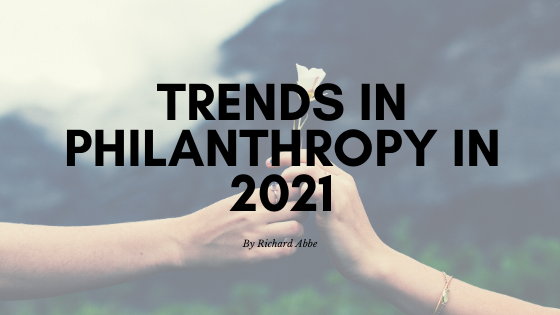2020 was certainly a challenging year for a large number of non profit organizations. That being said, while everything, from operations to fundraising, was constantly changing throughout the year, the need to give back and do good remained as important as ever for a lot of nonprofits. However, in the wake of these strenuous happenings of 2020, a lot of plans have changed and a number of new trends were brought about and are expected to make their way into 2021. On that premise, the following article presents a list of new trends in philanthropy for 2021 and beyond.
Virtual events
The biggest change that occurred due to the covid-19 pandemic was the termination of fundraising events that are in-person and the shift from physical to virtual. On account of the resilience and determination of organizations, all of the fundraising events have become virtual. This trend is expected to stay for a long period of time as it reduces events costs, makes the barrier to entry lower as well as frees nonprofits from being limited to a specific geographic location.
Nonprofit and for-profit collaborations
Another unexpected thing that happened in the wake of the covid-19 pandemic is the collaboration between nonprofit and for-profit organizations in order to aid the frontline healthcare providers and the communities in need. This trend is also expected to continue as a lot of people believe that this collaboration will help solve a lot of pressing issues.
Remaining nimble for the win
2020 has certainly demonstrated that trends can shift and plans can change at any given moment. That being said, it is imperative for organizations to be nimble and have an agile approach to address new changes and needs in order to guarantee their stability. Indeed, organizations should constantly assess what they are doing, whether it is working or not as well as have plans and strategies in place.
Appealing to the younger generation: Generation Z
Nonprofits usually target millennials, generation X, the baby boomers and the matures. However, they usually forget about generation Z. The latter are an important group of supporters with philanthropic tendencies and who will eventually become the nonprofit contributors of the future.

